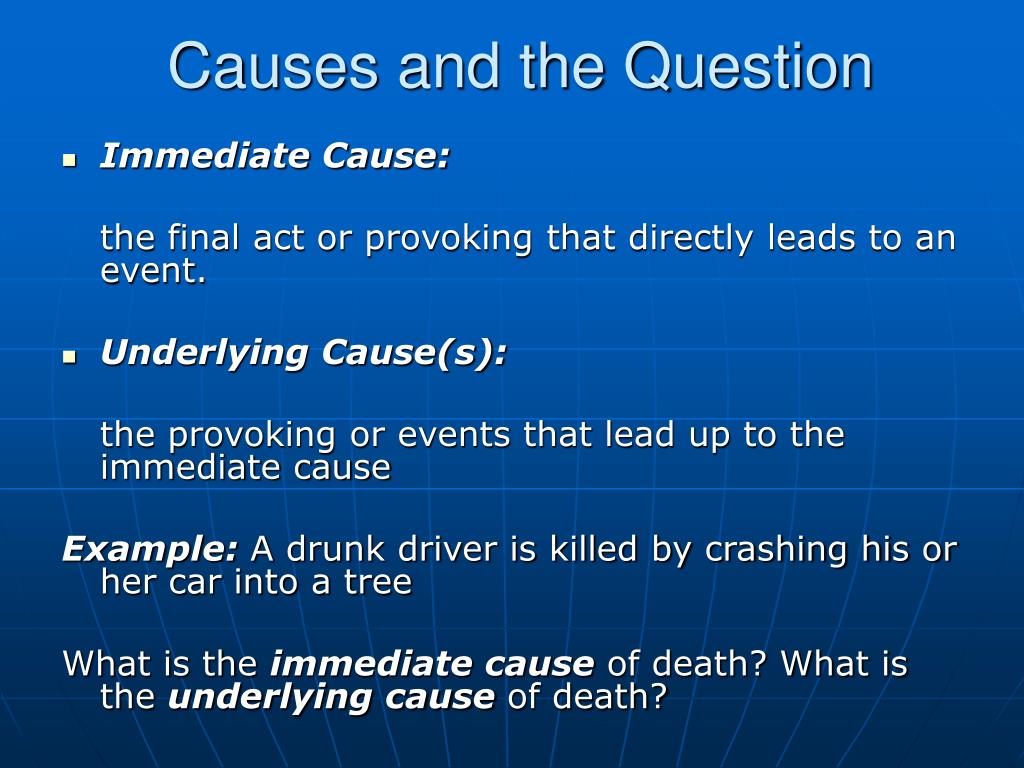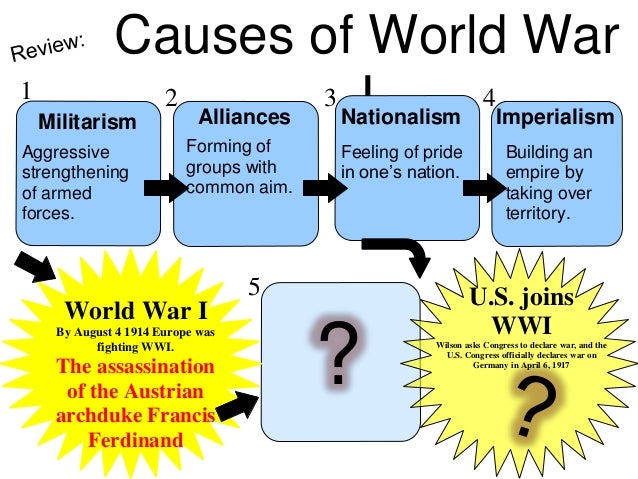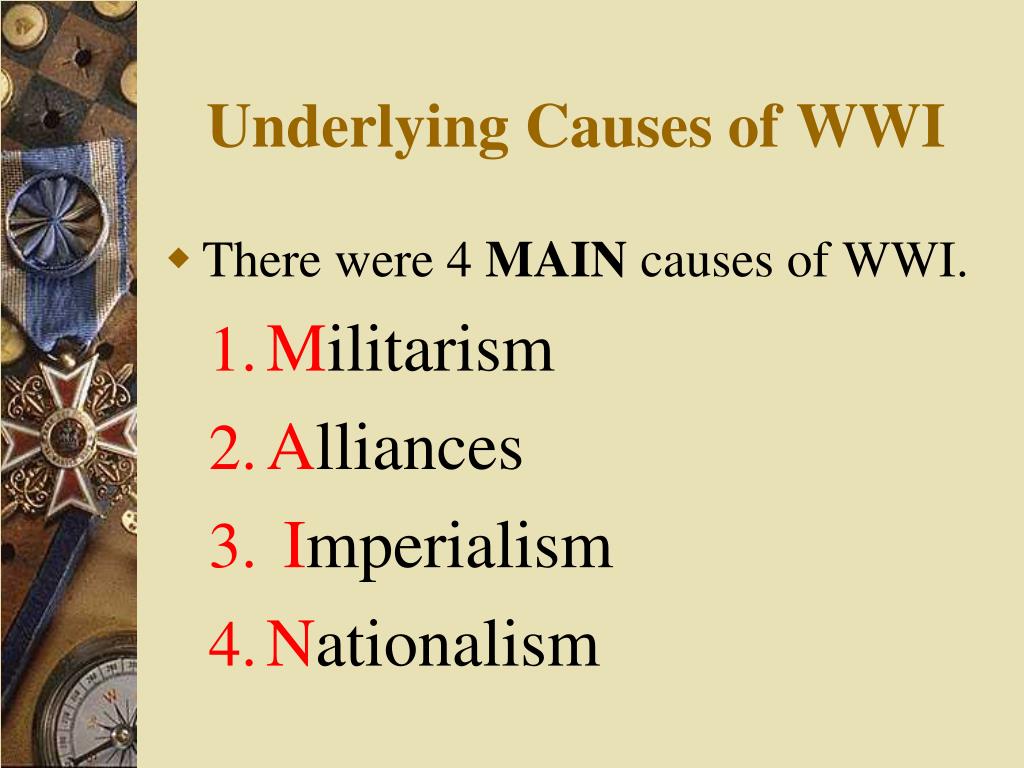
Introduction
World War I was one of the deadliest wars in history. It lasted from 1914 to 1918 and caused the death of millions of people. But what was the reason behind this catastrophic event? In this article, we will explore the underlying cause of World War I.
Imperialism

Imperialism was one of the main causes of World War I. Imperialism refers to the policy of extending a country's power and influence through colonization, use of military force or other means. European countries were competing for colonies and resources in Africa and Asia, which led to tensions and conflicts between them. This competition for power and resources was one of the main reasons that led to World War I.
Militarism
Militarism is the belief that a country should maintain a strong military capability and be prepared to use it aggressively to defend or promote national interests. In the years leading up to World War I, many European countries were increasing their military spending and building up their armies. This arms race created a sense of tension and competition between the countries, which increased the likelihood of war.
Alliances
Alliances were another important factor that led to the outbreak of World War I. Countries formed alliances with each other to protect themselves from potential enemies. However, these alliances also meant that when one country went to war, its allies were obligated to join in. This system of alliances turned a small dispute between two countries into a global conflict.
Assassination of Archduke Franz Ferdinand
The assassination of Archduke Franz Ferdinand of Austria-Hungary in Sarajevo in 1914 was the event that triggered the outbreak of World War I. The assassination was carried out by a member of a Serbian nationalist group who wanted to see Bosnia-Herzegovina become part of Serbia. Austria-Hungary declared war on Serbia in response to the assassination, and the conflict quickly escalated into a full-scale war involving most of Europe.
The July Crisis

The July Crisis was the period between the assassination of Archduke Franz Ferdinand and the outbreak of World War I. During this time, there were a series of diplomatic negotiations and ultimatums between the major powers of Europe. However, these negotiations ultimately failed, and war broke out in August 1914.
The Schlieffen Plan

The Schlieffen Plan was a German military plan to quickly defeat France in the event of a war with Russia. The plan called for a rapid invasion of France through Belgium, followed by a move into Russia. However, the plan failed when the German army was unable to quickly defeat France and was forced to fight a two-front war against France and Russia.
The Zimmerman Telegram

The Zimmerman Telegram was a secret message sent by Germany to Mexico during World War I. The message proposed that if Mexico went to war with the United States, Germany would provide military and financial support. The message was intercepted by British intelligence and was one of the factors that led to the United States joining the war on the side of the Allies.
The Russian Revolution
The Russian Revolution was a period of political and social upheaval in Russia that began in 1917. The revolution resulted in the overthrow of the Tsarist autocracy and the establishment of the Soviet Union. The revolution had a significant impact on World War I, as it led to the withdrawal of Russia from the war and allowed Germany to focus its forces on the Western Front.
The Treaty of Versailles

The Treaty of Versailles was the peace treaty that ended World War I. The treaty was signed on June 28, 1919, and imposed heavy penalties on Germany. Germany was forced to accept full responsibility for the war and pay reparations to the Allies. The treaty also led to the redrawing of national boundaries and the establishment of the League of Nations.
Conclusion
There were many factors that led to the outbreak of World War I. Imperialism, militarism, alliances, the assassination of Archduke Franz Ferdinand, and the July Crisis were all important factors that contributed to the war. The Schlieffen Plan, the Zimmerman Telegram, the Russian Revolution, and the Treaty of Versailles were all significant events that occurred during the war. Understanding these factors and events is important to understanding the causes and consequences of World War I.